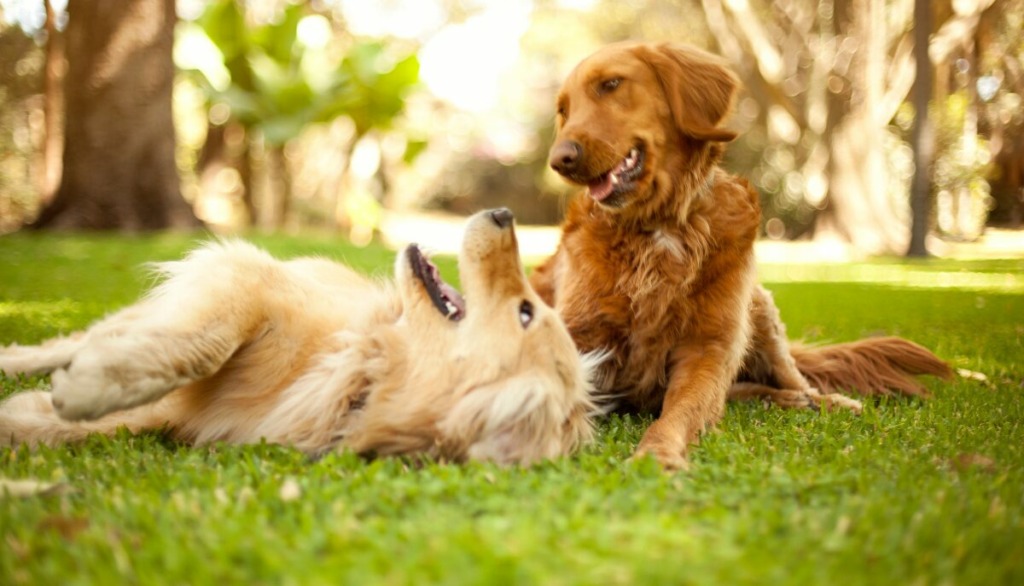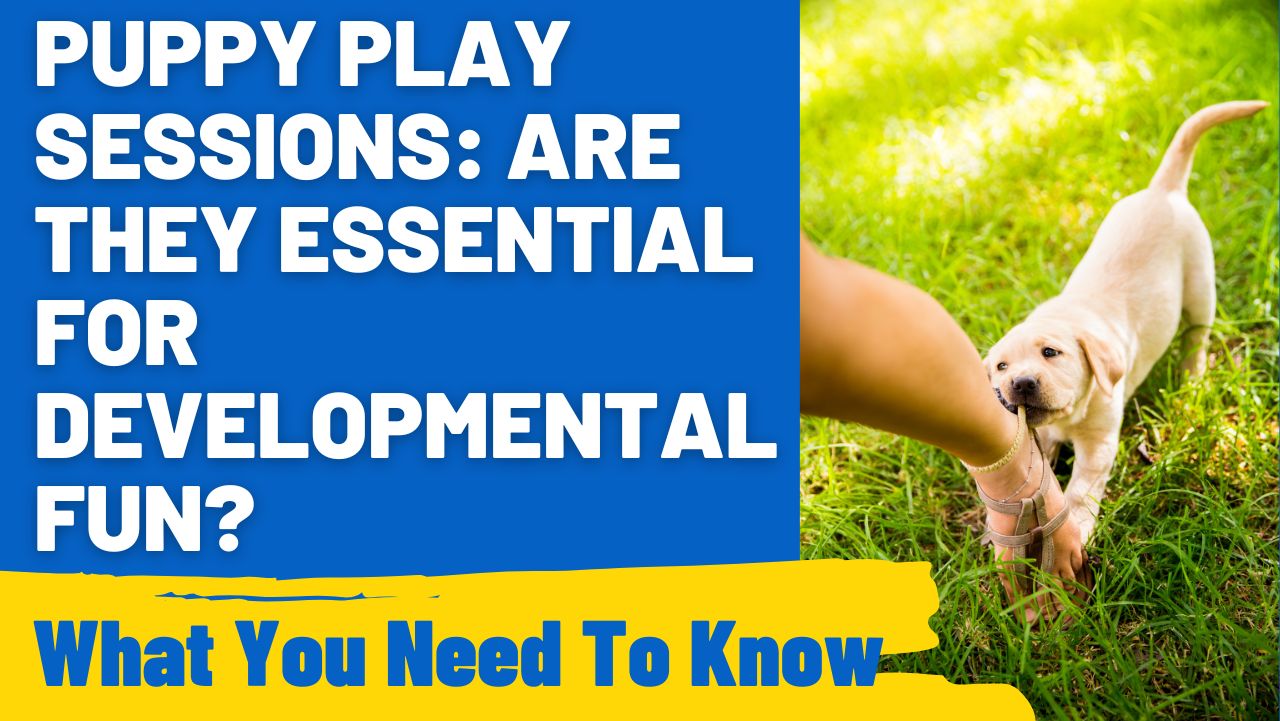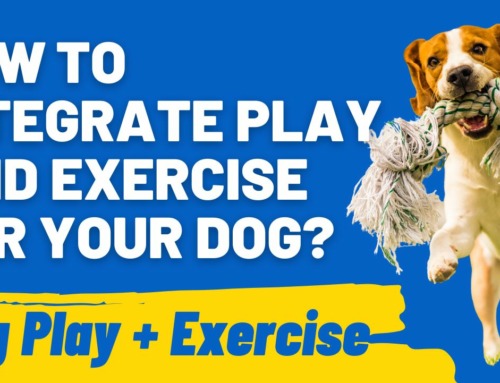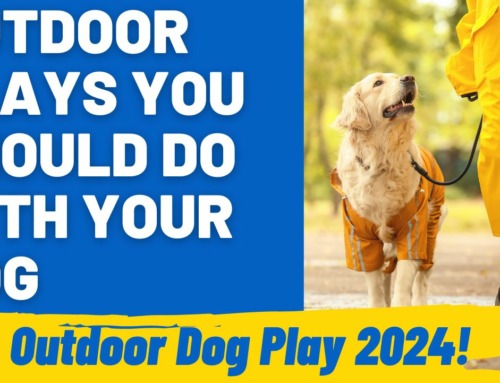Puppy developmental play is more than just wagging tails and bouncy leaps—it’s the key to unlocking your furry companion’s potential.
For dog owners and enthusiasts, witnessing puppies’ joyous romps and playful antics is heartwarming. But did you know these lively play sessions are crucial for a puppy’s growth and development?
From bounding across the yard to solving simple puzzles, a puppy’s play isn’t just adorable—it’s a powerful developmental tool.
As a responsible pet parent, understanding why these play sessions are essential can profoundly impact your puppy’s well-being.
Let’s delve into the fascinating world of puppy play and discover why it’s vital for their growth.
Why Playtime Matters in Puppy Growth Stages
Imagine your pup’s playtime as a powerhouse for their growth—it’s not just fun; it’s their growth spurt secret.
During puppy growth stages, play does wonders for your furry buddy, shaping their body and mind.
Puppy Physical Development
Let’s talk about play and muscles!
It’s like a mini workout when your pup chases a toy or jumps around. It helps them grow stronger and more coordinated, keeping those puppy muscles in top form.
This playful action is like their exercise routine, tailored for each growth phase, ensuring they build the right muscles at the right time.
Puppy Mental Stimulation
But wait, there’s more!
Play isn’t just about muscles; it’s a mental game too.
When they’re figuring out a puzzle toy or discovering hidden treats, it’s like their brain’s getting a workout.
These mental gymnastics during play help them become problem-solving champs and keep their curious minds sharp.
So, whether chasing a ball or sniffing out hidden goodies, every playful moment is a stepping stone in their physical and mental development.
How Does Play Aid Canine Cognitive Development?

Playtime is more than just fun for your puppy. It’s a critical component of canine cognitive development.
Each playful moment is like a mini-lesson for your pup, where they learn important skills such as problem-solving and memory enhancement.
This is where they start understanding the world around them, shaping their cognitive abilities for future challenges.
Age-Appropriate Puppy Games
Choosing the right games is key to nurturing your puppy’s developing mind.
Age-appropriate puppy games cater to your puppy’s growing cognitive abilities.
For young pups, simple games like fetch help develop coordination, while older puppies may benefit from more complex activities that challenge their problem-solving skills.
Puppy Learning Activities
Engaging in puppy learning activities is another way to boost your puppy’s cognitive growth.
These activities, from basic command training to interactive puzzles, stimulate learning and adaptability.
They’re not just educational. They’re a fun way for you and your pup to bond and explore the world together.
Every game you play with your puppy is an opportunity to support their cognitive development, setting the stage for a well-rounded and intelligent canine companion.
The Importance of Puppy Socialization Activities
Puppy socialization activities are crucial for your puppy’s journey to becoming a well-rounded dog.
These activities help shape their behavior, temperament, and interaction with other dogs and people.
These playful interactions teach puppies the social skills necessary for a happy, well-adjusted life.
Interactive Puppy Exercises
Interactive puppy exercises are a great way to build your puppy’s social skills. These include:
- Playdates: Allowing puppies to play with other dogs teaches them valuable social cues.
- Puppy Classes: These classes offer structured social learning opportunities.
- Games with Owners: Simple games like fetch or tug-of-war teach puppies how to interact with humans and understand our cues.
Dog Social Development
Dog social development is a critical part of a puppy’s growth.
Through play, puppies learn to read and respond to various social signals, essential for healthy interactions as they grow.
These experiences are vital in helping them navigate the social world, ensuring they become well-socialized adult dogs.
Puppy socialization activities and interactive exercises are key to fostering your puppy’s social development. These experiences are fun and foundational to raising a sociable, confident dog.
Choosing the Right Developmental Toys for Puppies
When nurturing your puppy’s growth, picking the right developmental toys is key.
These toys are more than just playthings, they’re essential tools for your puppy’s physical and cognitive development.
Toys like Hide’n’Treat, a treat-dispensing dog toy, offer a multifaceted approach to play and learning.
Here are some tips:
- Safety First: Choose non-toxic, appropriately sized toys to avoid choking hazards.
- Engaging and Stimulating: Look for toys that keep your puppy interested and active, such as those with different textures or sounds.
- Age-Appropriate: As your puppy grows, their toys should evolve to match their developmental needs.
Table: Stages of Puppy Development and Recommended Play Activities
| Age Range | Physical Development Milestones | Cognitive Milestones | Recommended Toys | Play Activities |
| 2-4 months | Teething, improving coordination | Learning basic commands, exploring environment | Chew toys, soft plush toys | Fetch, gentle tug-of-war |
| 4-6 months | Rapid growth, increased strength | Problem-solving, memory development | Puzzle toys, larger balls | Hide and seek with toys, basic agility exercises |
| 6-12 months | Reaching adult size, refining motor skills | Advanced training, complex problem-solving | Durable chew toys, interactive games | Advanced obedience training, structured play sessions |
Choosing the right developmental toys for puppies is vital for their overall development.
The right toys at each stage can significantly contribute to their physical and mental growth, ensuring they mature into well-rounded adult dogs.
Early Canine Enrichment: Beyond Just Fun
Early canine enrichment is crucial in shaping a well-rounded, happy dog. It involves providing varied and stimulating experiences beyond basic play, targeting your puppy’s mental and physical development.
This enrichment encompasses exploring new environments and engaging with interactive toys that challenge their problem-solving abilities.
The benefits of these activities are profound and long-lasting.
Puppies exposed to early enrichment tend to grow into more adaptable, confident adult dogs. They’re generally better equipped to handle new situations and less prone to anxiety and behavioral issues.
Additionally, these activities strengthen the bond between you and your puppy, building trust and mutual understanding.
Incorporating early canine enrichment into your puppy’s routine is more than just entertainment. It’s about setting the foundation for a healthy, happy, and well-adjusted life.
Puppy Behavioral Training Through Play
Puppy behavioral training through play is an effective and enjoyable way to teach your furry friend essential skills.
By integrating play into training, you turn learning into an engaging, positive experience.
For instance, a game of fetch can be used to practice commands like ‘come’ and ‘drop it,’ making the session fun while teaching important recall skills and object release.
Playful training helps puppies understand boundaries and social cues too.
Tug-of-war, for instance, can teach them to be gentle and responsive to stop commands, preventing rough play. This approach also enhances their ability to focus and pay attention, which is beneficial across all training aspects.
Incorporating play in puppy behavioral training makes learning more enjoyable for your puppy and strengthens your bond. It transforms training from a chore into a delightful, shared experience, laying the foundation for a well-behaved, happy adult dog.
Why Age-Appropriate Puppy Games Matter
Selecting age-appropriate puppy games is crucial for your puppy’s overall development.
These games are not just playtime, they’re an essential part of your puppy’s growth, tailored to their specific developmental needs.
- Developmental Stages: For younger puppies, simple games like soft chew toys or fetch help with teething and basic motor skills. As they grow, introduce more complex games for problem-solving and agility, like obstacle courses.
- Safety and Enjoyment: Age-appropriate games prevent overstimulation and injury, ensuring playtime is safe and fun for your growing puppy.
Young Dog Development Strategies
Adjusting games as your puppy matures is key in young dog development. It’s about striking a balance between physical exercise and mental stimulation:
- Physical Growth: As puppies grow, they can handle more physically demanding games, which helps build their strength and endurance.
- Cognitive Growth: For older puppies, incorporate games that challenge their cognitive skills, like training games involving multiple commands.
Understanding and implementing age-appropriate puppy games is vital to nurturing a healthy, well-developed dog.
This approach is a cornerstone in young dog development strategies, ensuring your puppy grows into a well-rounded adult dog.
Understanding and Facilitating Puppy Playtime Benefits
Realizing the full scope of puppy playtime benefits is essential for dog owners.
Playtime is much more than fun, it’s vital to a puppy’s development and well-being.
- Physical Health: Play aids in developing strength, coordination, and stamina, ensuring your puppy stays physically fit.
- Cognitive Development: It’s also a learning period where puppies sharpen problem-solving skills and memory, gaining crucial cognitive abilities.
- Emotional Well-being: Play helps manage stress and build confidence, contributing to your puppy’s emotional health.
- Bonding: Engaging in play strengthens the bond between you and your puppy, fostering trust and companionship.
As an owner, actively participating in your puppy’s playtime is key.
Your involvement enhances learning, helps understand your puppy’s needs and behaviors, and deepens your emotional connection.
In essence, the benefits of puppy playtime are comprehensive, impacting your puppy’s physical, mental, and emotional growth, while enriching your relationship with them.
Conclusion
Engaging in developmental play with your puppy is not just a responsibility but a joyous journey fostering growth, learning, and bonding.
Remember, every playful moment allows your puppy to develop into a happy, healthy, and well-adjusted adult dog.
So, embrace these moments, and watch your puppy thrive!
Enhance Your Puppy’s Playtime with HoundGames!
For an exceptional range of interactive dog toys and invaluable dog-related content, head to HoundGames!
Elevate your puppy’s growth and fun with innovative toys and expert guidance.
Discover more about fostering your puppy’s development and well-being today at HoundGames and embark on an exciting journey with your furry friend!




